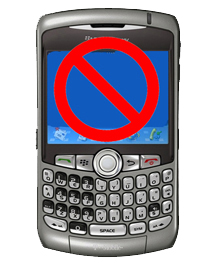 Buzzing PDAs and cell phones, pinging emails, and interactive online safaris are eating up an increasing amount of our time.
Buzzing PDAs and cell phones, pinging emails, and interactive online safaris are eating up an increasing amount of our time.
Psychiatrist Edward Hallowell and his Harvard collaborator, John Ratey have seen a corresponding tenfold increase over the past decade in the number of patients with symptoms resembling attention-deficit disorder, or ADD.
People complain of feeling disorganized, inadequate, and irritable, and actually being less productive in spite of their high-tech connectivity. Hallowell and Ratey believe that’s the downside of an addiction to dopamine, the neurotransmitter involved in seeking rewards and stimulation.
“If we could measure it as we’re shifting attention from one thing to another,” says Ratey, “we would probably find our brain is pumping out little shots of dopamine to give us a buzz.”
To avoid “attention-deficit trait,” Hallowell recommends half an hour a day of quiet thinking, relaxing, or meditating. Priortize ruthlessly. And turn off communication devices when focusing on tasks; resist the “it will only take a second” impulse to read an email or check a stock price.
Above all, deal with others face-to-face when feasible, not just electronically; that’s the kind of rewarding social communication people are wired for.